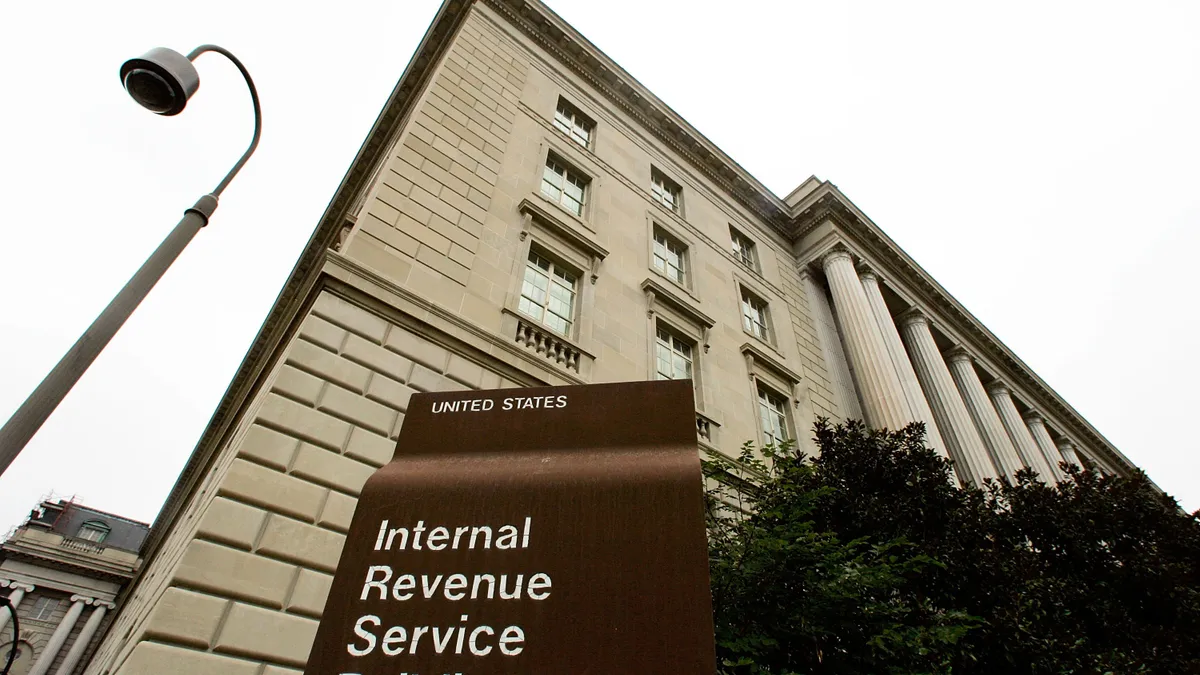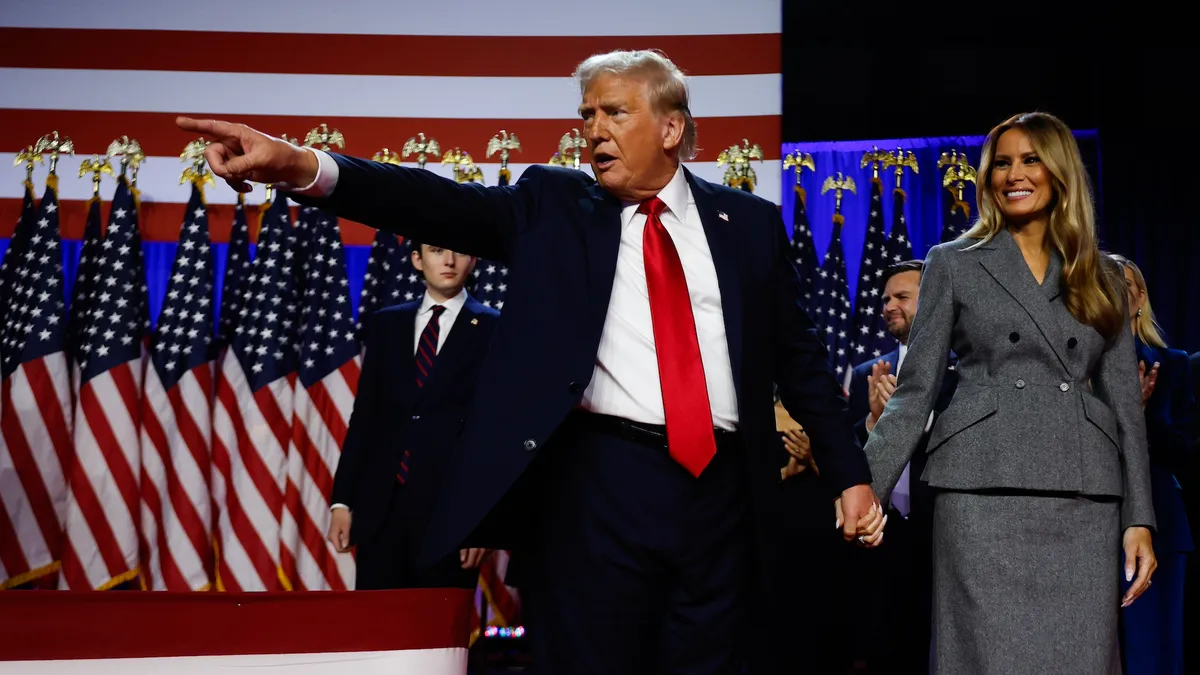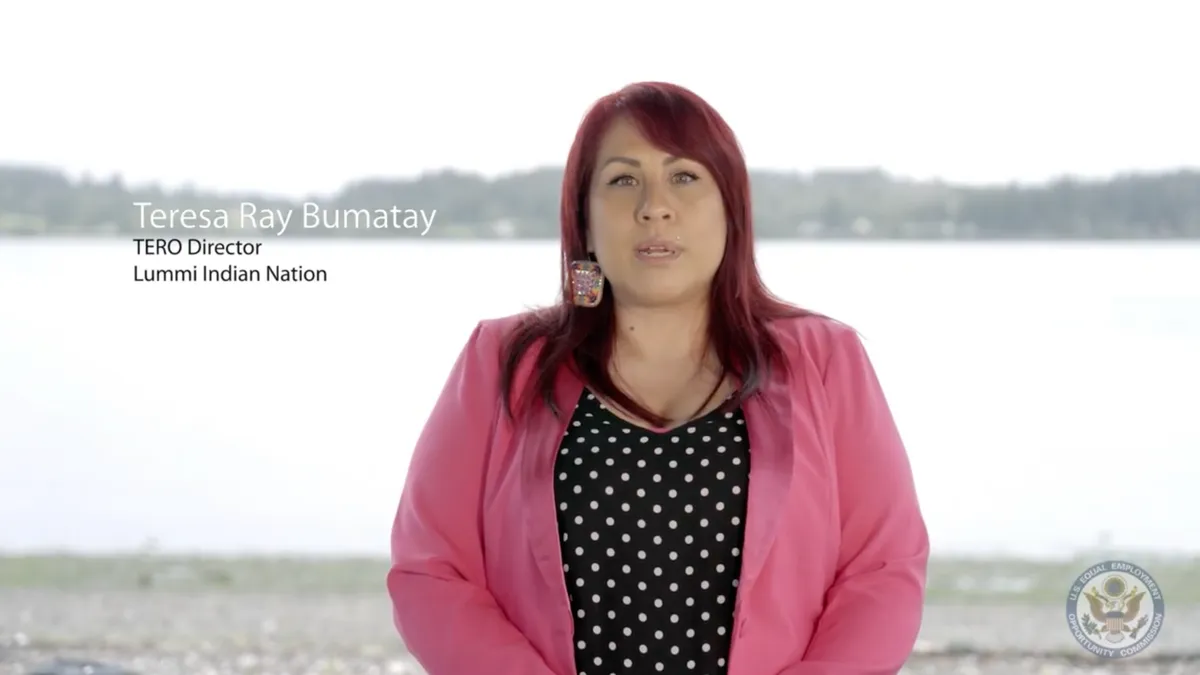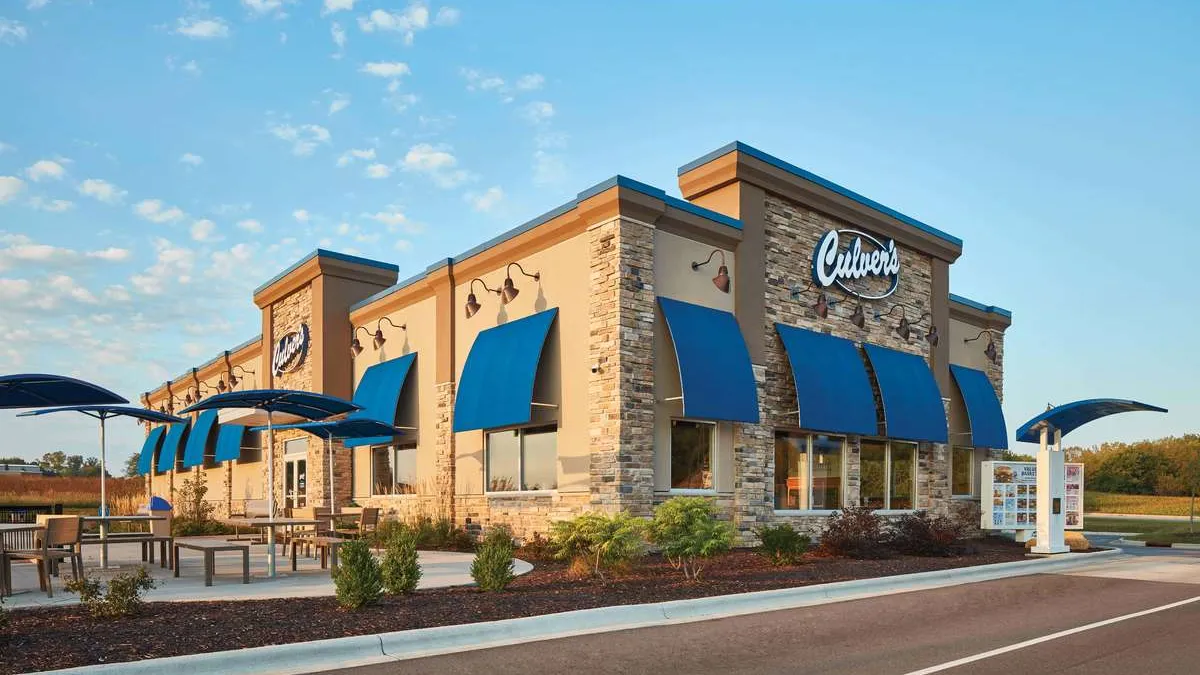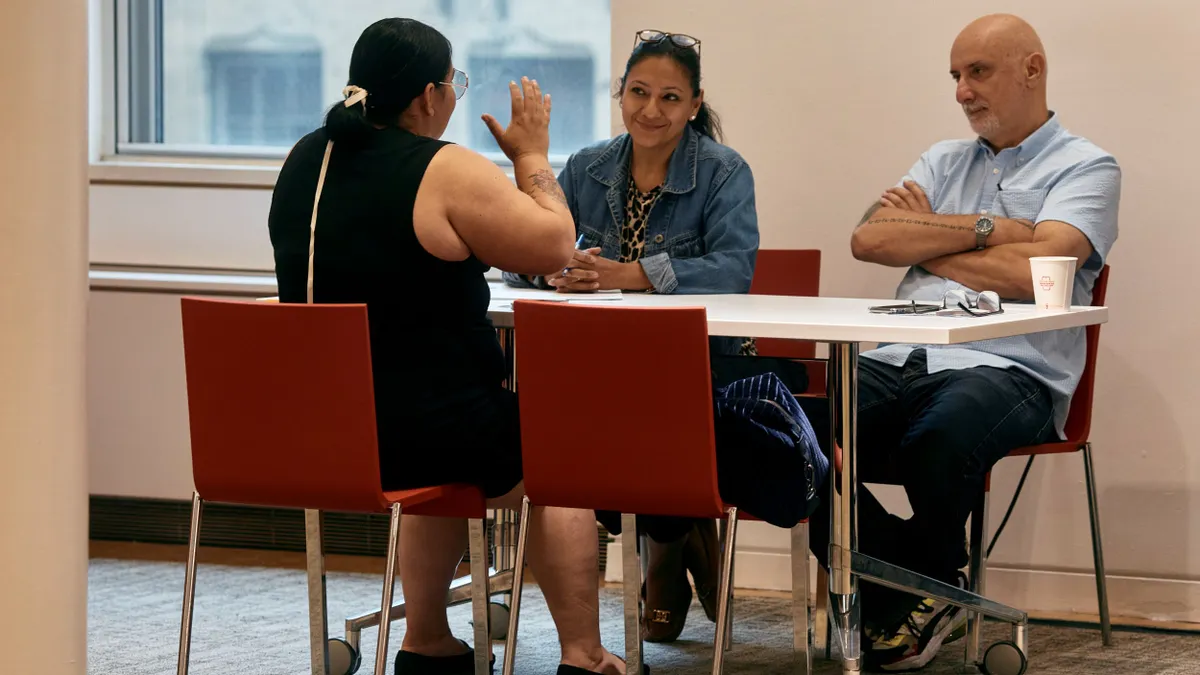PepsiCo has ambitious goals for the next five years in increasing the representation of women and Black and Hispanic employees in its workforce.
In the U.S., the multinational food, snack and beverage corporation aims to increase Black representation in managerial roles by 30% and Hispanic representation by 10% by 2025, according to PepsiCo Chief Diversity and Engagement Officer Tina Bigalke. The company plans to hire 120 Hispanic managers, including 50 Hispanic executives, PepsiCo Chairman and CEO Ramon Laguarta said in a letter published Oct. 14.
PepsiCo also plans to "add 250 Black associates to managerial roles, including adding a minimum of 100 Black associates to our executive ranks," Laguarta announced in June. In addition, PepsiCo aims to reach global gender parity in management, according to its Workforce Demographic Report released Oct. 2. Globally, women represent 41.2% of senior level professionals and managers.
Reaching these goals will require a focus on recruiting efforts and partnerships; additionally, employee resource groups (ERGs) will support business strategy, Bigalke said via email. And PepsiCo is combining these internal goals with an external focus: "Our community outreach and internal efforts work hand-in-hand, leveraging our scale and reach to catalyze positive change," Bigalke said.
Building diverse management
PepsiCo has "long led the charge to advance diversity and engagement in our industry," Ronald Schellekens, executive vice president and chief human resources officer, said in the Workforce Demographic Report, which will be released every six months.
In 1947, the company was a "pioneer," hiring an all-Black sales team; and in 1962, Harvey C. Russell, a member of the team, was promoted and became the first Black American appointed to the role of vice president at a multinational corporation, according to PepsiCo. Indian American businesswoman Indra Nooyi made history in 2006 as the first woman to lead PepsiCo as chairman and CEO. Under Nooyi's leadership, net revenue growth increased from $35 billion in 2006 to $63.5 billion in 2017, according to the company. Nooyi, who led the company for 12 years, stepped down as CEO in 2018 and was succeeded by Laguarta.
"While our history is strong, we know we have much work to do," Schellekens noted. In the U.S., White employees hold 69.3% of senior management positions compared to 9.2% Hispanic representation and 8.2% Black representation. At the executive level, there is an increased contrast. White individuals account for 70.9% of executive roles, compared to 8.4% Hispanic representation and 6.3% Black representation.
To increase Black and Hispanic representation, recruiting efforts include partnerships with historically Black colleges and universities and national Hispanic organizations, Bigalke said. PepsiCo also plans to engage "minority-owned search firms" and increase "partnerships with diverse organizations at our core schools," she said. These efforts combined with increased training and leadership development and mentoring will help to build inclusion at all levels, Bigalke said.
ERGs can support inclusion and are notably becoming more recognized as benefiting business strategy and retention of employees. For example, Twitter announced in October that it will compensate members of its business resource group leadership team.
"PepsiCo executives regularly meet with ERG leaders and members to listen, learn and develop programs and policies that meet the needs of underserved communities," Bigalke said. "Our ERGs connect our business strategy with support for our diverse constituents."
Boardroom diversity
Following the May 25 killing of George Floyd, calls for racial justice and equity by employees and consumers pushed companies to focus on diversity, equity and inclusion efforts.
"All stakeholders are watching how boards move forward on diversity," Lyndon Taylor, managing partner, diversity and inclusion practice at Heidrick & Struggles, told HR Dive in September. Fortune 500 companies overall are making progress in gender diversity, according to Heidrick & Struggles' U.S. Board Monitor report. Last year, almost half (44%) of non-executive director appointments were women, the highest proportion in the 11 years since the company first began tracking board appointments. But progress has been slower in regard to racial diversity, the report found.
PepsiCo is one of the major companies that undertook an assessment of its board diversity. "We continue to make progress diversifying the most senior levels of our company, including recent appointments to the board of directors and the PepsiCo Executive Committee," Bigalke said. In July, Segun Agbaje was elected as an independent member of PepsiCo's board. Agbaje currently serves as managing director and chief executive officer of Guaranty Trust Bank PLC, a Nigerian multinational financial institution.
Currently, women represent 23.1% of board members at PepsiCo. White individuals represent 61.5% of board members compared to 23.1% Hispanic representation and 15.4% Black representation.
Community outreach
Laguarta announced Oct. 14 that PepsiCo's "racial equality journey," first launched in June with a $400 million set of initiatives focused on supporting Black communities, will also accelerate engagement with Hispanic communities. Over the next five years, PepsiCo plans to invest more than $170 million in commitments to support Hispanic communities and businesses, according to the letter. This investment is in addition to PepsiCo's 2020 target to spend $275 million with Hispanic suppliers, according to the company.
"When I became CEO, I vowed to use my position to make the road easier for Hispanics and other groups impacted by systemic inequality, and that's exactly what PepsiCo's Racial Equality Journey is all about," Laguarta said in the letter.
In support of its focus on gender parity and pay equity, PepsiCo also plans to invest "$100 million to benefit at least 12.5 million women and girls around the world by 2025," Bigalke said.
Employees and customers expect that businesses will make direct, positive impacts on local communities, according to IBM research on corporate social responsibility published in January.
"Our company is strongest when we embrace the full spectrum of humanity," Bigalke said. "That means both building a more diverse, more inclusive workplace, and promoting what we call courageous engagement in our company and the communities we serve."





